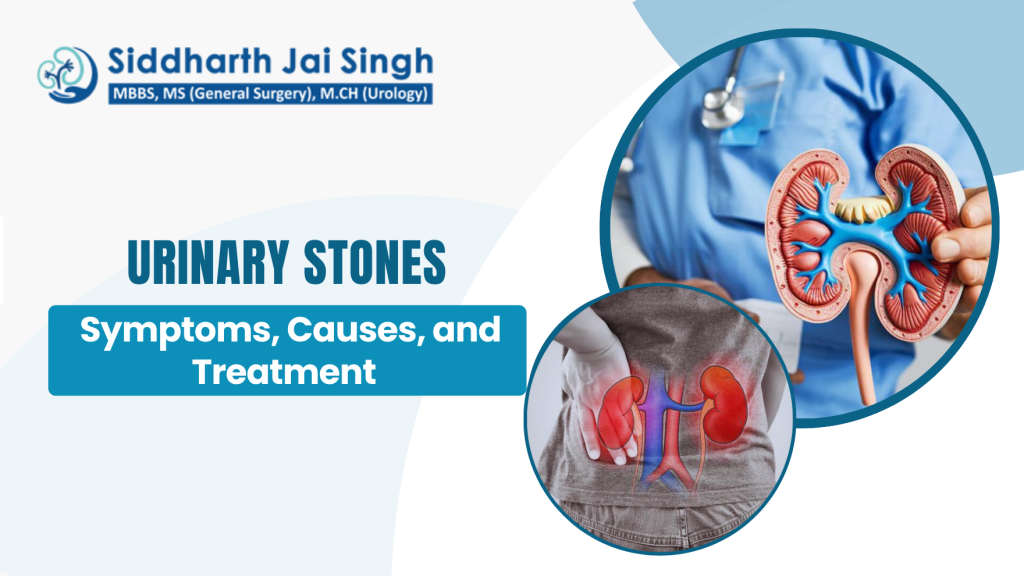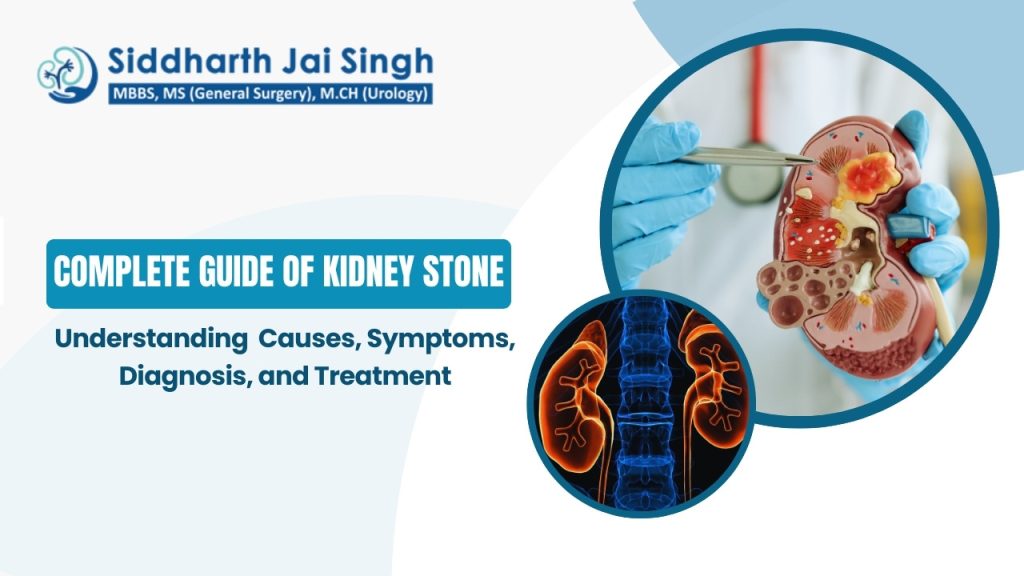Why Regular Urological Check-Ups Are Important | Best Urologist in Siliguri
Your health is your greatest treasure. But many people forget about their Urological health until a problem appears. Urology covers parts like kidneys, bladder, prostate( in men) and urinary tract. Regular check-ups help catch hidden issues early. Ignoring small signs today can lead to bigger, harder to treat problems tomorrow. That’s why seeing a Urologist weekly is not just “good to do” it is a powerful way to protect yourself. Early detection through simple, painless tests can turn a serious illness into a manageable one, saving you pain, money and worry. If you live in Siliguri or North Bengal, finding the best urologist in Siliguri just got easier with Dr. Siddharth Jai Singh. What Happens in a Urological Check-Up? Knowing what to expect during a urological checkup can ease your mind. Urology checkups mostly focus on the urinary system (kidneys, bladders, ureters, urethra) and male reproductive system. There are some physical examination, now let us break it down : Abdominal : Feeling your abdomen for masses or tenderness near the Kidneys / bladder. Genital Exam (Men) : Examining the penis and scrotum ( testicles, epididymis) for lumps, swelling or abnormalities. A hernia check might be done. Digital Rectal Exam (DRE often for men) : The doctor here inserts a gloved, lubricated finger into the rectum to feel the prostate gland for size, shape, lumps or tenderness. It is brief but important for prostate health assessment. Urine Test (Urinalysis): You will likely be asked for a urine sample. This checks for infection, blood sugar, protein or other abnormalities. Possible Further Tests (Depending of Need ): Based on your history exam, and urinalysis, your urologist might recommend additional tests during or after the visit which includes blood test like PSA ( ProstateSpecific Antigen) for men, kidney function tests (creatinine, BUN) or hormone levels. Imaging like Ultrasound (kidneys, bladder, prostate, testical ), CT Scan or MRI and Cystoscopy, a thin scope used to look inside the bladder. 5 Reason to get checked regularly Stopping problems before it starts can help you lead a healthy lifestyle ultimately, here are 5 reasons to get checked regularly. . 1. Stopping problems before they start Example : Simple diet change can prevent kidney stones. Vaccines like HPV shots can lower cancer risk 2. Catch silent disease early Prostate/kidney cancers grow slowly. A checkup finds them early Blood/urine tests spot issues you can’t feel. 3. Save Money (& Pain!) Treating a small kidney stone is cheaper and simpler than surrey for a large one. Avoiding emergencies – fewer hospital bills. 4. Manage Long-Term Conditions If you have diabetes or high BP, your kidneys need extra care. Regular visits adjust treatments fast. 5. Peace of mind No more worrying about”what if”? Stay active, travel and live freely. Who Needs These Check Ups ? Now let us check who needs Urological check at people of what age group face most difficulties with disease affiliated to Urology 1. Men Over 40 : Yearly prostate checks Over 50 : Must get screenings. Younger men : If you have pain, erection issues or family history. 2. Women Recurrent UTI or incontinence Menopause changes ( urine leaks infections). 3. Everyone Blood in urine, back pain or trouble peeing. Diabetes, obesity or smoking habits. How Often Should You Go? Now let us know a little about how often should we visit an Urologist Under 40 : Once every 2-3 years ( if no symptoms) 40-50 : Once a year. Over 50 : Every 6-12 months High risk patients : As advised by your doctor. Note : If you feel something wrong, don’t wait! Finding the right care with best Urologist in Siliguri If you are also suffering from any urological diseases and finding the best urologist in Siliguri then here are some reasons why choosing Dr. Siddharth Jai Singh can be a wise choice. Expertise : Siddharth Jai Singh is a trained specialist who can spot subtle signs that can affect your bodies. Advanced care : Feature with advanced equipment and latest treatments Dr. Siddharth Jai Singh offers the most comprehensive care. Trust : Hundreds from North Bengal trust Dr. Siddharth Jai Singh as the best urologist in Siliguri. Do not let fear stop you Feeling shy or scared about urology visits is normal. But remember doctors see these issues daily – nothing surprises them. Consult with the best urologist in Siliguri, Dr. Siddharth Jai Singh.
Why Regular Urological Check-Ups Are Important | Best Urologist in Siliguri Read More »



